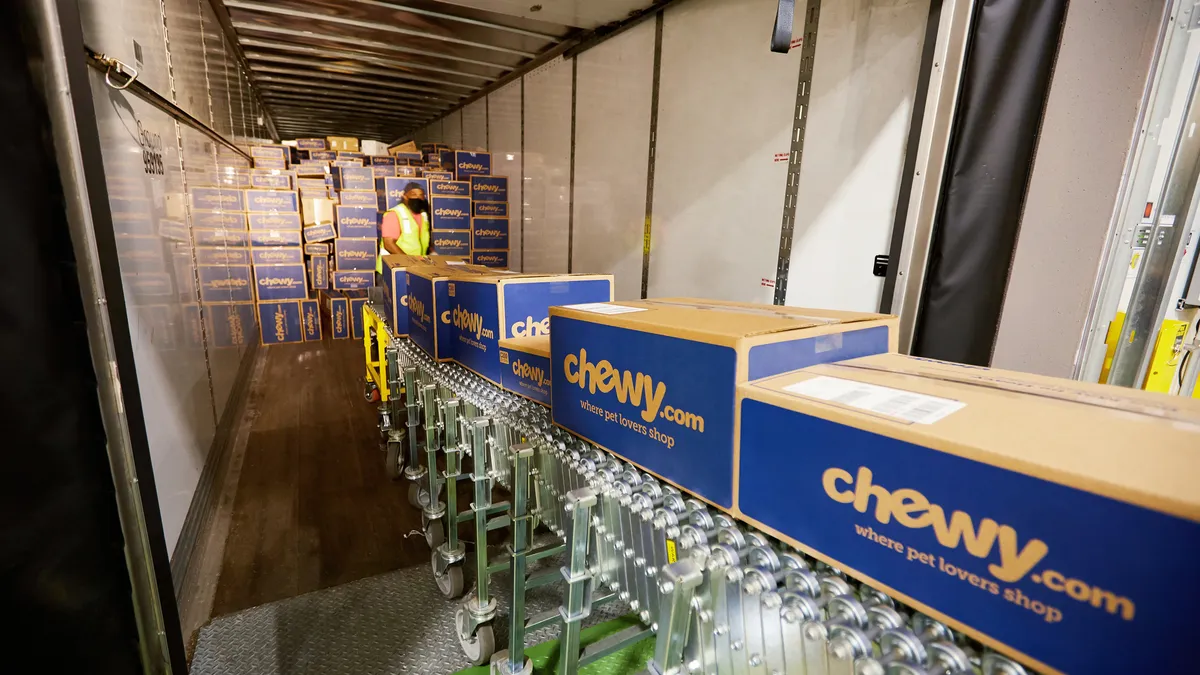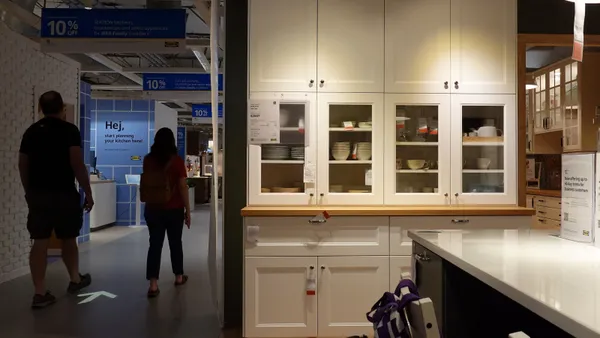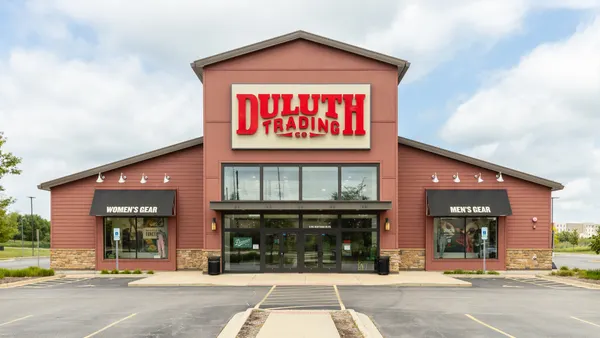Dive Brief:
- Chewy is closing two fulfillment centers and moving operations to nearby facilities as the company advances its automation initiatives, VP of communications and public relations Diane Pelkey said in an emailed statement.
- The affected facilities — located in Mechanicsburg, Pennsylvania, and McCarran, Nevada — are the company's two oldest FCs, Pelkey said. "All team members employed at these facilities have been given the opportunity to transfer to another Fulfillment Center."
- The Mechanicsburg location employs 522 people, while the McCarran location employs 306. Workers at the facilities who do not accept transfer offers to nearby locations will be permanently separated from employment on various dates beginning June 3, per Worker Adjustment and Retraining Notification (WARN) Act notices dated March 22.
Chewy closing 2 fulfillment centers near other facilities
Dive Insight:
Closing the two older FCs will allow more order volume to flow through the pet goods retailer's newer, automated facilities, CEO Sumit Singh said on an earnings call last week.
This will help the company reduce fulfillment costs. Singh said in December that fulfilling volume from Chewy's automated FCs in Archbald, Pennsylvania, and Reno, Nevada, was roughly 18% to 20% cheaper than fulfilling it from its legacy network.
CFO Mario Marte noted on last week's call that Chewy continues to make progress on flowing more order volume through its automated facilities. The company also has an automated facility in Belton, Missouri, and is slated to open another in Mt. Juliet, Tennessee, this year.
"We continue to move volume into the automated facilities for many reasons," Marte said. "One of them, obviously, is a lower cost to variable cost per order, which then flows through to SG&A and EBITDA. So we'll continue to push as much volume as we can into those facilities."
Despite seeing a 4.2% increase in orders shipped YoY, Chewy's fulfillment costs stayed flat in fiscal year 2022 at $1.2 billion, per the company's 10-K.
The company is also lowering expenses in its operations by improving its "cartonization," or ability to fit more of a customer's order into a single package, Marte said. This allows the company to reduce its freight and packaging costs.















